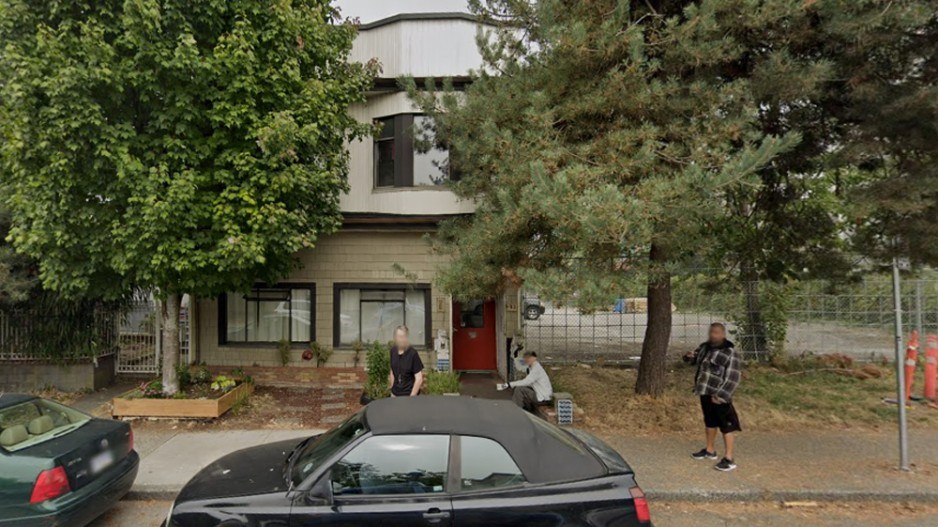A pair of companies that own single-room accommodation (SRA) buildings is taking the City of Vancouver to court, claiming recently adopted vacancy control bylaw amendments are beyond the city’s jurisdiction and conflict with the provincial Residential Tenancy Act.
In separate petitions filed on January 6 and January 7 in BC Supreme Court, Pender Lodge Holdings Ltd. and 0733603 B.C. Ltd. claim the bylaws should be quashed for exceeding the municipal government’s power as authorized by the Vancouver Charter.
According to Pender Lodge’s 39-page petition, which quotes heavily from an affidavit from owner Peter Thanas, the company owns a 30-unit building at 431 East Pender Street. Thanas claims city staff used a “misleading term” to characterize the bylaws as “vacancy control” measures. He claims the bylaws don’t control vacancies in such buildings, “but instead seek to cap [single-room accommodation] rent increases introduced between individual tenancies.”
Thanas claims the building’s costs have increased nearly 35% in the last five years, while rental income has increased by 12.5%. Pender Lodge, according to the petition, “houses a diverse group of tenants, including foreign students, the working poor and others who require ‘entry level’ housing.’” Many of the tenants are considered “hard to house,” suffering from mental health issues and addiction, and the Pender Lodge also faces significant issues with damage from vandalism, fires, floods and other property crime. Operating the building, the company claims, is “very difficult,” and the bylaws will compound the challenges by capping rents and creating new “onerous and invasive administrative obligations.”
Moreover, Pender Lodge claims the bylaws make clear the city government’s “desperation and frustration” with the provincial government’s failure to both raise income assistance levels and amend the Residential Tenancy Act to tie rent increases to units rather than tenancies.
Meanwhile, Pender Lodge claims the court should note that in an expensive market like Vancouver, the city government is being “transparently self-serving” by capping rents in SRA buildings to make them less desirable to investors while planning to acquire the same buildings in co-operation with the federal and provincial governments.
In its petition, 0733603 B.C. Ltd. claims it rents out “high-end microsuites” at its building at 430 Abbott Street, a 60-unit building built 60 years ago.
“The bylaw amendments substantially prejudice the owner’s ability to recover costs spent on upgrades to the building,” the petition states. “The building is routinely maintained, updated and upgraded, and the owner increases rents between tenancies to recover the costs of doing so as part of its business model. The owner intends to continue to do so, but its ability to profitably do so and to operate the building in this manner will be affected by the bylaw amendments.”
The petitions’ factual bases have not been tested in court, and the City of Vancouver had not responded to them by press time.




